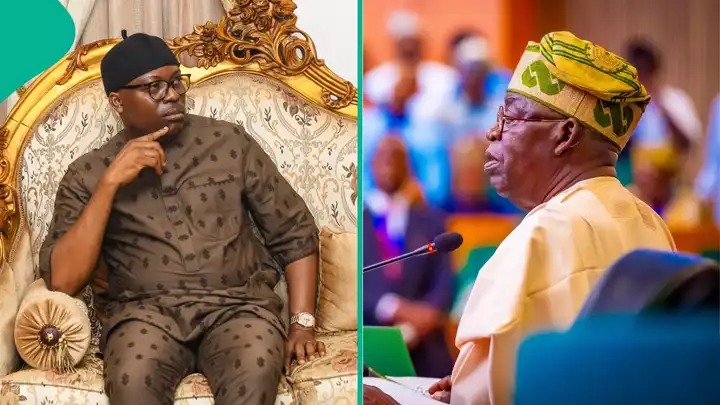
But in its defence, the federal government submitted a counter-affidavit and preliminary objection, citing the following five reasons why the case should be dismissed:
1. The case does not fall under the Supreme Court’s original jurisdiction as defined in Section 232(1) of the 1999 Constitution.
2. There is no legal dispute between the federal government and the states involved.
3. The plaintiffs failed to establish a justiciable issue.
4. The governors have no legal standing (locus standi) to file the suit.
5. The case is hypothetical, academic, and constitutes an abuse of court process.
Despite the controversy, the Federal High Court in Port Harcourt has scheduled a hearing on the matter. On May 12, 2025, President Tinubu and other top defendants were absent and unrepresented in court. Only Vice Admiral Ibas appeared via his legal representative. As tensions continue to rise in Rivers, this legal battle could shape the interpretation of presidential powers in a democracy and redefine the balance between federal and state authority.
